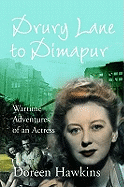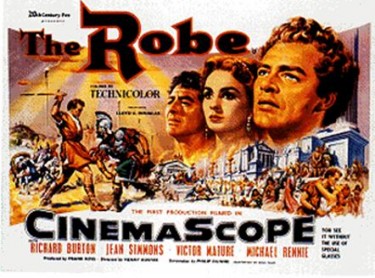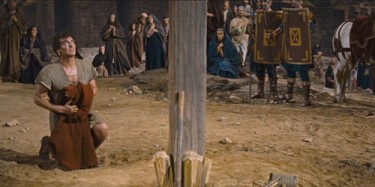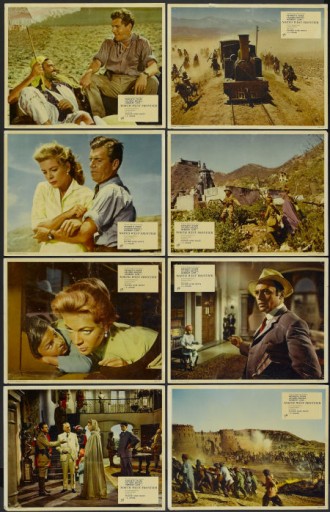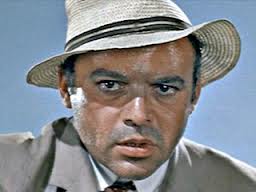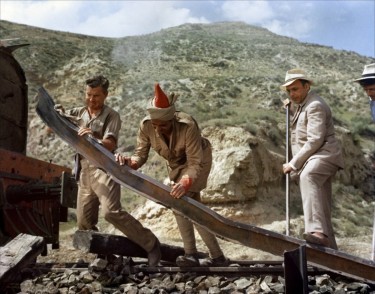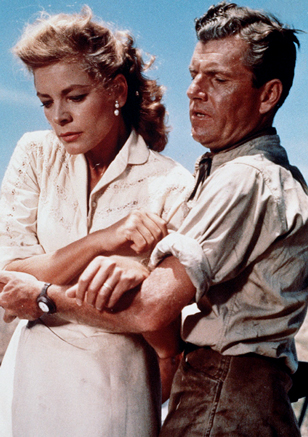As war came, streets and trains began filling with “hundreds of men in uniform with kit bags”; and Doreen recalled that “bulbs on the trains were painted blue so you couldn’t see to read and you couldn’t get comfortable to sleep or sit because of the crush of rifles and gas masks. Everywhere was the thick fug of cigarette smoke and stale sweat. Nobody knew where they were because signposts had been concealed or removed.”
In 1940 she married a stage manager at the Sheffield Lyceum who had already been called up for military service. The marriage began badly when, during their wedding night, air raid sirens forced them to evacuate their room at the Grand Hotel in Sheffield. They spent the rest of the night sharing a bottle of Scotch with the tenor Richard Tauber.
With her husband away in North Africa, in 1942 Doreen signed up for the Entertainments National Service Association (Ensa), joining a queue of “strange folk, jugglers, dancers, actors”. After touring RAF bases in East Anglia, in 1943 she joined the Indian Repertory Company — the first acting troupe to be sent abroad to entertain the forces.
At Liverpool they embarked in a troop ship, which zigzagged down the Atlantic to avoid the U-boats, stopping off in Freetown, Accra, Lagos and Durban. From there they travelled by boat, lorry and train to Cairo, where she had a traumatic reunion with her husband, who had turned into a drunken bully of an Army officer. The marriage, she decided, was over.
Nine months after leaving Liverpool her troupe arrived at Bombay, on New Year’s Day 1944. For the next two years, with the help of professional actors lent from the forces, they toured cities and battlefronts in India and Burma, including war-ravaged Kohima and Imphal, putting on Noël Coward plays in hospitals, tents and barns.
The war was a good time for the profession, and Doreen often bumped into the likes of John Gielgud, Joyce Grenfell, Edith Evans and Gracie Fields, “who sang her heart out with that powerful voice and no microphone”. The ubiquitous Noël Coward “only needed a piano and would go anywhere to entertain the troops and improve morale”. Rather less popular was George Formby — or rather his wife Beryl, who insisted on top hotels and star treatment.
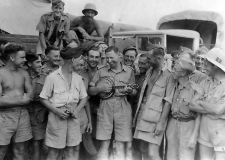 George Formby and Beryl entertained the troops.
George Formby and Beryl entertained the troops.
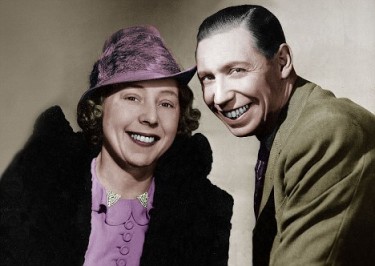
For Doreen and her companions life was less luxurious as they lugged their props and scenery in the heat and humidity and spent interminable hours hanging about at railway stations. Malaria and dysentery were constant hazards, and Doreen was grateful if her sleeping quarters had a roof.
Rangoon, recently vacated by the Japanese, was swarming with rats grown fat on human flesh, and she was warned not to use the lavatories as the Japanese had booby-trapped everything they had not had time to smash. The troupe fled their sleeping quarters in a disused nightclub when monsoon rains came pouring through the roof; and Doreen had to beat a hasty retreat from a nearby lake, where she had gone to bathe, after being informed it was “full of dead Japs”.
She had first set eyes on Jack Hawkins in Bombay, where he “appeared as a shining hero to reorganise and redirect” her troupe. As she toured the subcontinent they continued to meet regularly. On one occasion, when acting the part of a secretary away with the boss for a dirty weekend, she persuaded Hawkins to step in as the “boss” when the actor who usually played the role was indisposed. They fell in love, but as Doreen was still married and Hawkins was in the process of getting divorced from his first wife, the actress Jessica Tandy, they were unable to get married until after the war.
When Doreen returned to Britain in 1946, she faced a freezing winter and a divorce suit. But after three years away she was a different person from the ingénue who had left England in 1943. She rented a flat near Covent Garden and resumed her life as an actress. In 1947, after her divorce came through, she married Hawkins.
She gave up her career to devote herself to her husband and their three children. They bought a villa near Cap Ferrat where they enjoyed happy family holidays.
In 1957 they revisited old haunts when Hawkins co-starred in The Bridge on the River Kwai, which was being filmed on location in Ceylon. Doreen recalled his amusement when, from their bedroom in a jungle hut, they heard, in the next door room, the producer Sam Spiegel trying to bed his girlfriend, and being brusquely rebuffed.
Doreen was in her mid-40s when, in 1965, Hawkins was diagnosed with throat cancer. She nursed him devotedly until his death in 1973, aged 63. Though she continued to enjoy a glamorous life, in her memoir she admitted that she had never recovered from her loss.
She is survived by her daughter and two sons.
